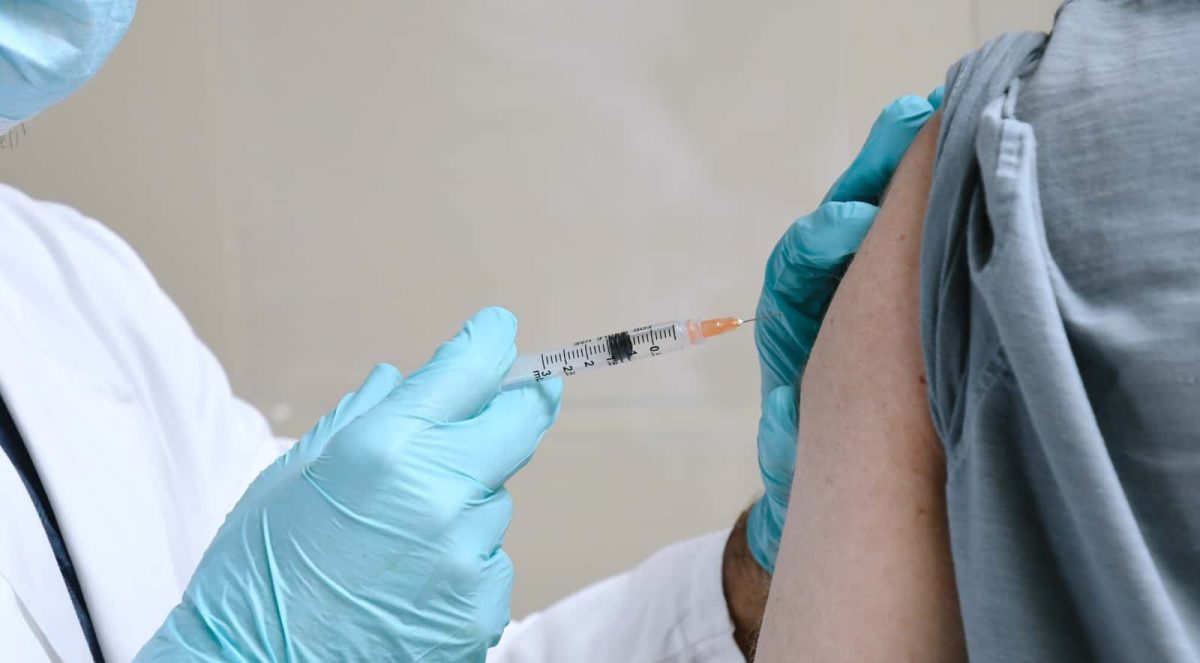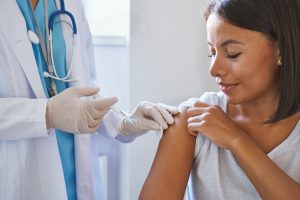There has been a lot of misinformation circulating online during the pandemic, some of which is extremely dangerous for women who are pregnant or planning to become pregnant. It is only natural for women in this highly vulnerable situation to be hesitant to eat specific things, take certain supplements and take medication, however the medical advice from trusted medical professionals is consistent, reliable and something we encourage our patients to follow.
Pregnant women who are unvaccinated have a higher risk of needing hospitalisation for treatment for COVID than those who are vaccinated and have double the risk of having a stillbirth. The Royal Australian and New Zealand College of Obstetricians and Gynaecologists (RANZCOG) highly recommends that women who are pregnant or planning to become pregnant receive the covid-19 vaccine for the safety of the mother and the baby.
Extensive research has been gathered for practitioners and nursing staff in the maternity sector so they may provide their patients with the most up to date and accurate information. Misinformation will often arise if there are information gaps and as it is part of human nature to question, people will naturally look to seek out information in order to better understand the gaps.
There are two things to watch out for: misinformation and disinformation.
Misinformation is information that is not only false but is shared by people who do not intend to mislead others, whereas disinformation is false information that has been deliberately created with malicious intent.
This dangerous combination has been one of the leading causes of vaccine hesitancy and it is important to know how to address covid-19 vaccine misinformation and ensure you are getting the correct information.
Information from The Centres for Disease Control and Prevention (CDC), the World Health organisation (WHO) and information provided to patients from The Royal Australian and New Zealand College of Obstetricians and Gynaecologists (RANZCOG) and NSW Health are the sources patients should be relying on for the most up to date, reliable information on vaccines during this pandemic.







